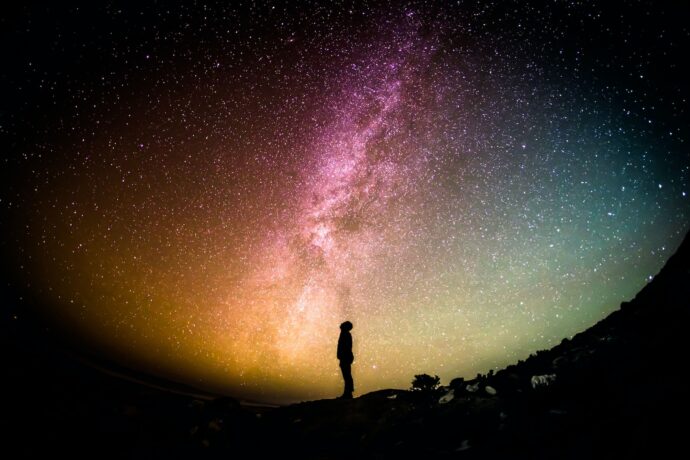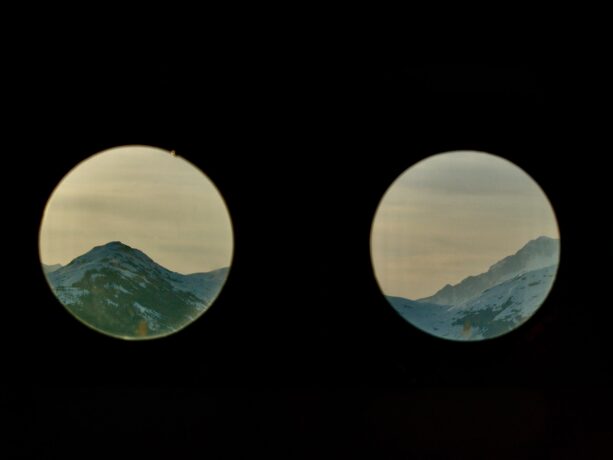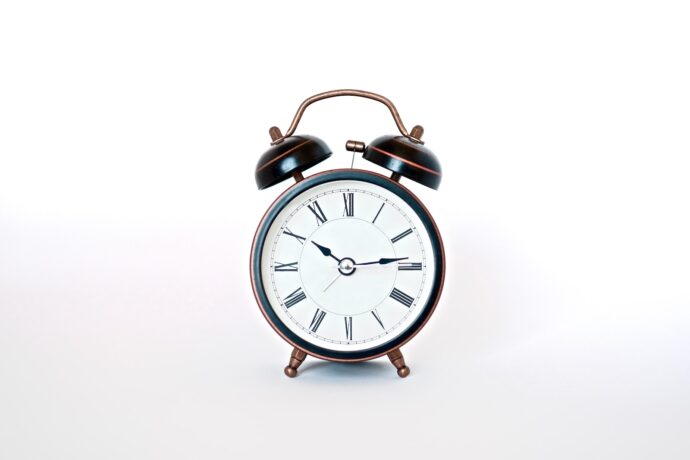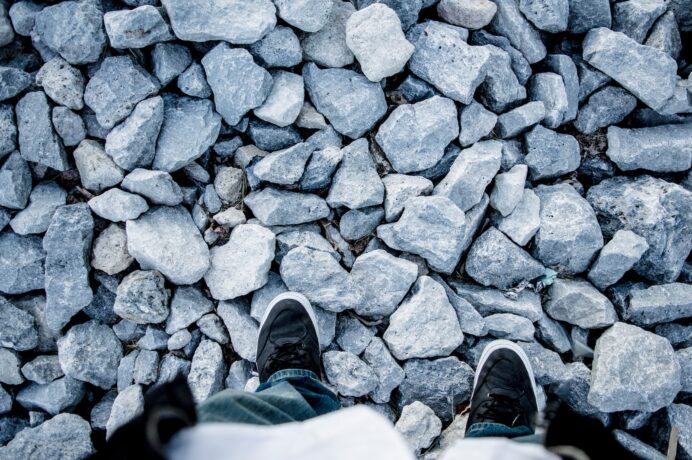The Back Story
Starting early in 2015, I had been recognizing for months how distracting my daily social media consumption was to me- and how much time and emotional energy was being spent. And then a stroke of insight came- why not just stop? I didn’t have to make any extreme commitment or do a PR campaign. Why not just see what happened? And see what happened I did. With no end in sight, I stopped personal social media use through May 2016.
My days started to become more efficient at work; I found creative ways to engage or disengage with people; I was less stressed over the high dose of negative news I was seeing; I let go of the pressure of having to keep up with posting or needing to respond; I focused on the core things that mattered as opposed to the (look, a SQUIRREL!) distractions.
I began to see how compulsive I had become, even a little dependent. I felt fear about missing out on something. I got a “hit” (or high) from that next new message or like or share in my notifications. I had worried if someone didn’t respond soon enough.
The Addiction Framework
In the addiction world, physiological dependence is two things: tolerance (more is needed to achieve the same result) and withdrawal (I feel powerfully adverse negative affects when the “drug of choice” is removed). The treatment world has been closely watching the impact of using the internet, apps, social media, and the like- to see how it activates and affects the brain and body and mind in similar ways to substances. And we’re starting to acknowledge how behavior can trigger some of the same brain processes as a substance being ingested. DARN, I guess I can’t say, “Well, it’s not like I’m abusing drugs or anything.” Actually, sometimes I am abusing the chemicals already in my brain that drugs simply play with. Varying levels of compulsivity exist, and my expertise in Professional Counseling focuses on providing help and hope when a person can’t break through their compulsive patterns.
Even though a year break taught me about my personal misuse of social media, don’t expect a crusade AGAINST social media from me today. As much as I benefited from my “vacation,” there were a few things I missed out on, too. I overlooked a few announcements (sorry for missing that birthday heads-up). I lost a bit of connection to the world around me. In essence, some communication was actually stunted for me. And I missed out on a little healthy distraction I find encouraging.
The Rest of the Story
My personal story may not be yours. Here are some observations:
The modality of communicating by tech IS effective and helpful for many. We can complain all day about children not learning to communicate well because they “can’t even” (and I do believe that is a concern to be aware of as a parent). However, social media can be helpful.
Social media is a communication platform. Whether we like it or not, things like social media are the new telegram or front porch conversation of years ago. And they don’t appear to be going away any time soon, only adapting and changing.
As with many things in this world, the actual vehicle of social media may be relatively neutral- what makes it egocentric, compulsive, and harmful OR helpful and relational, is likely the purpose and motivation and heart behind its use. I want to be “linked in” to the latter so I can live free, not compulsively.
Sincerely,
Justin
Further Reading:
Dr. Geraint Evans- “What I Learned in My Year Off Facebook”
Dr. Kristen Fuller- “Social Media Breaks and Why They Are Necessary”
Shala Nicely, LPC- “Are You Handcuffed To Your Devices, and Is OCD At Fault?









Leave a Reply